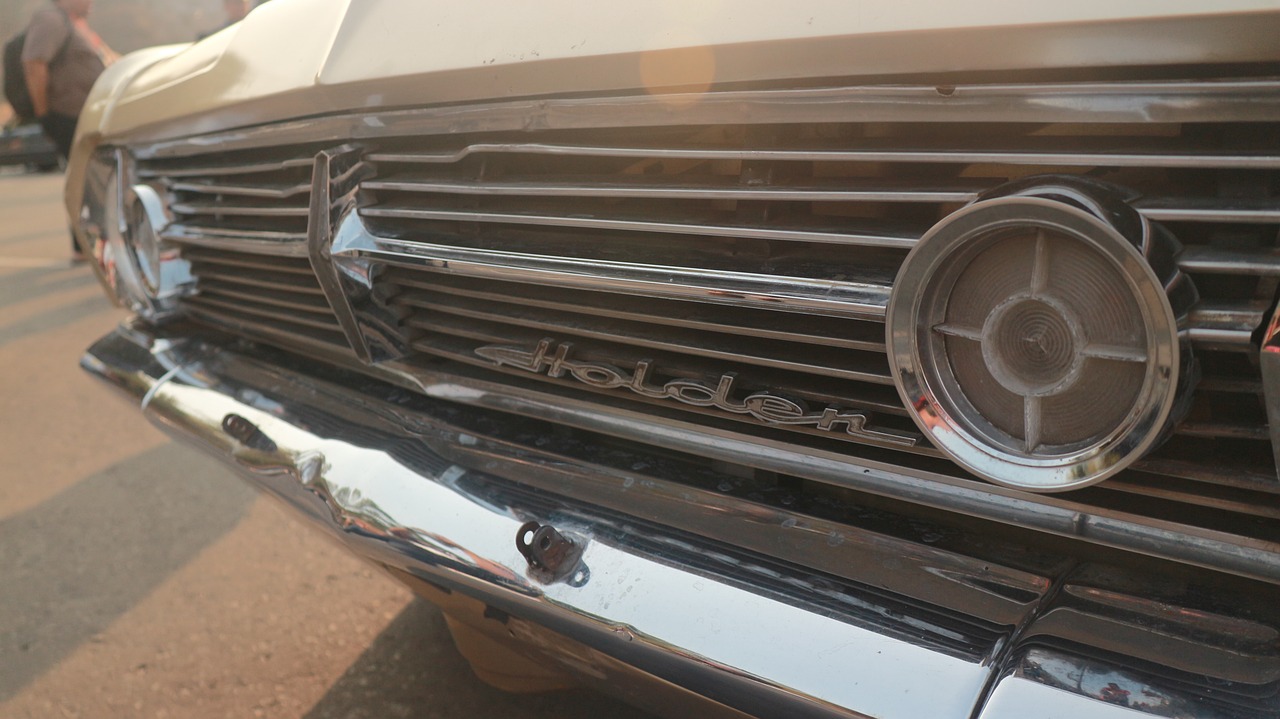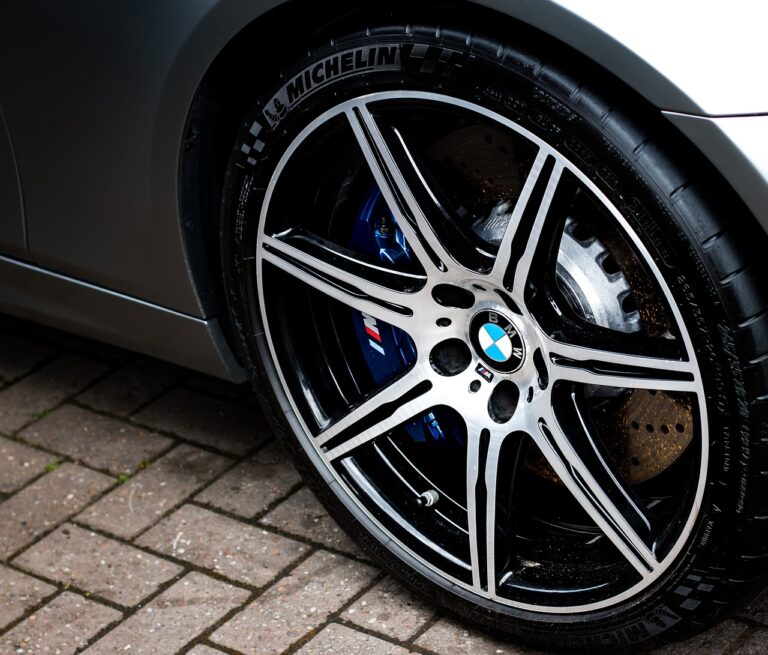Market Analysis: Demand for Privacy Glass in Automotive Interiors
11xplay reddy login, reddy anna, golden 777 login:Market Analysis: Demand for Privacy Glass in Automotive Interiors
Have you ever wished for a little extra privacy while driving your car? Perhaps you want to shield yourself from the prying eyes of other drivers or create a more intimate atmosphere within your vehicle. Privacy glass, also known as tinted glass or privacy windows, is the solution to your needs. This specialized type of glass allows you to enjoy a higher level of privacy and comfort while driving. In this article, we will explore the growing demand for privacy glass in automotive interiors and the factors driving this trend.
Understanding the Market for Privacy Glass
Privacy glass has become increasingly popular in recent years, with more and more car manufacturers incorporating it into their vehicles. This trend is driven by a variety of factors, including increased concerns about privacy and security, as well as a desire for a more sophisticated and luxurious driving experience.
One of the key drivers of the demand for privacy glass in automotive interiors is the growing awareness of the importance of privacy in today’s digital age. With concerns about data privacy and surveillance on the rise, many drivers are seeking ways to protect themselves from unwanted attention while on the road. Privacy glass provides a simple yet effective solution to this issue, allowing drivers to enjoy a greater sense of security and privacy while driving.
Another factor driving the demand for privacy glass is the desire for a more premium driving experience. Many drivers are looking to create a more luxurious and sophisticated interior design in their vehicles, and privacy glass can help achieve this goal. By adding privacy glass to their cars, drivers can create a more upscale and exclusive atmosphere, enhancing the overall driving experience.
In addition, privacy glass offers practical benefits as well. By reducing glare and filtering out harmful UV rays, privacy glass can improve visibility and protect passengers from sun damage. This makes it an attractive option for drivers looking to enhance their comfort and safety while on the road.
Overall, the market for privacy glass in automotive interiors is growing rapidly, driven by a combination of factors including concerns about privacy and security, a desire for a more premium driving experience, and the practical benefits that privacy glass offers.
Factors Driving the Demand for Privacy Glass
There are several factors driving the increasing demand for privacy glass in automotive interiors. Let’s take a closer look at some of the key drivers behind this trend:
1. Privacy and Security Concerns: In today’s digital age, concerns about privacy and security are at an all-time high. Many drivers are seeking ways to protect themselves from unwanted attention and surveillance, both on and off the road. Privacy glass provides a simple yet effective solution to this issue, allowing drivers to enjoy a greater sense of privacy and security while driving.
2. Premium Driving Experience: As drivers seek to create a more luxurious and sophisticated interior design in their vehicles, privacy glass has become an increasingly popular option. By adding privacy glass to their cars, drivers can create a more upscale and exclusive atmosphere, enhancing the overall driving experience.
3. Practical Benefits: In addition to its aesthetic appeal, privacy glass offers practical benefits as well. By reducing glare and filtering out harmful UV rays, privacy glass can improve visibility and protect passengers from sun damage. This makes it an attractive option for drivers looking to enhance their comfort and safety while on the road.
4. Market Trends: The market for privacy glass in automotive interiors is experiencing strong growth, driven by an increasing demand for premium features and a greater emphasis on comfort and convenience. As more car manufacturers incorporate privacy glass into their vehicles, the popularity of this feature is expected to continue to rise.
Overall, the demand for privacy glass in automotive interiors is being driven by a combination of factors, including concerns about privacy and security, a desire for a more premium driving experience, and the practical benefits that privacy glass offers.
Challenges and Opportunities in the Privacy Glass Market
While the demand for privacy glass in automotive interiors is growing, there are also challenges and opportunities in this market that need to be considered. One of the key challenges facing the privacy glass market is the need to address regulatory requirements and safety concerns. As privacy glass can impact visibility and driver safety, it is important for manufacturers to ensure that their products meet all safety standards and regulations.
Another challenge in the privacy glass market is the need to educate consumers about the benefits of privacy glass and dispel any misconceptions or concerns they may have. Many drivers may be unfamiliar with privacy glass or unsure of its benefits, so it is important for manufacturers to communicate the value of this feature effectively.
Despite these challenges, there are also significant opportunities in the privacy glass market. As the demand for privacy glass continues to grow, there is a chance for manufacturers to differentiate themselves by offering unique and innovative privacy glass solutions. By developing cutting-edge technologies and incorporating new features into their products, manufacturers can stand out in a crowded market and attract more customers.
In addition, the rise of electric and autonomous vehicles presents new opportunities for privacy glass manufacturers. As these vehicles become more prevalent on the roads, there will be an increased demand for privacy glass to enhance the comfort and security of passengers. By focusing on developing privacy glass solutions specifically tailored to electric and autonomous vehicles, manufacturers can capitalize on this emerging market and position themselves for long-term success.
Overall, while there are challenges in the privacy glass market, there are also significant opportunities for manufacturers to innovate and differentiate themselves in a growing and competitive market.
Future Trends in the Privacy Glass Market
Looking ahead, there are several key trends that are expected to shape the future of the privacy glass market in automotive interiors. One of the most significant trends is the growing demand for customizable and smart privacy glass solutions. As drivers seek more personalized and interactive features in their vehicles, there is a rising interest in privacy glass that can be adjusted or controlled easily. By incorporating smart technologies such as tintable glass or electronic window shades, manufacturers can offer drivers greater flexibility and customization options.
Another important trend in the privacy glass market is the increasing focus on sustainability and eco-friendliness. As environmental concerns continue to grow, many drivers are looking for ways to make their vehicles more environmentally friendly. Privacy glass manufacturers can capitalize on this trend by developing eco-friendly privacy glass solutions that are recyclable and energy-efficient. By prioritizing sustainability in their products, manufacturers can attract environmentally conscious consumers and position themselves as leaders in the market.
Additionally, advancements in glass technology are expected to drive innovation in the privacy glass market. As new materials and manufacturing processes become available, manufacturers can develop privacy glass solutions that are thinner, lighter, and more durable than ever before. By staying at the forefront of glass technology, manufacturers can offer drivers cutting-edge privacy glass solutions that meet their evolving needs and preferences.
Overall, the future of the privacy glass market looks bright, with growing demand for customizable and eco-friendly solutions, as well as advancements in glass technology driving innovation in the market.
FAQs
Q: Is privacy glass legal in all states?
A: Privacy glass regulations vary by state, so it is important to check the specific laws in your area before installing privacy glass on your vehicle. In general, most states have restrictions on the amount of tint allowed on vehicle windows to ensure visibility and safety for drivers.
Q: Can privacy glass be removed or replaced?
A: Yes, privacy glass can be removed or replaced if needed. However, it is recommended to consult with a professional installer to ensure that the process is done correctly and safely.
Q: Does privacy glass affect visibility while driving?
A: Privacy glass is designed to reduce glare and filter out harmful UV rays, which can improve visibility and protect passengers from sun damage. However, it is important to ensure that privacy glass meets all safety standards and does not obstruct visibility while driving.
Q: How can I clean privacy glass?
A: To clean privacy glass, use a mild glass cleaner and a soft, lint-free cloth to avoid scratching the surface. Avoid using harsh chemicals or abrasives that can damage the glass.
Q: How much does privacy glass cost?
A: The cost of privacy glass varies depending on the type of glass, the size of the windows, and the complexity of the installation process. It is recommended to get quotes from multiple installers to find the best price for privacy glass for your vehicle.
In conclusion, the demand for privacy glass in automotive interiors is on the rise, driven by concerns about privacy and security, a desire for a more premium driving experience, and the practical benefits that privacy glass offers. As the market for privacy glass continues to grow, manufacturers have the opportunity to innovate and differentiate themselves by offering customizable, sustainable, and technologically advanced privacy glass solutions. With the future trends in the privacy glass market pointing towards increased customization, eco-friendliness, and glass technology advancements, the future looks promising for privacy glass manufacturers and drivers alike.





